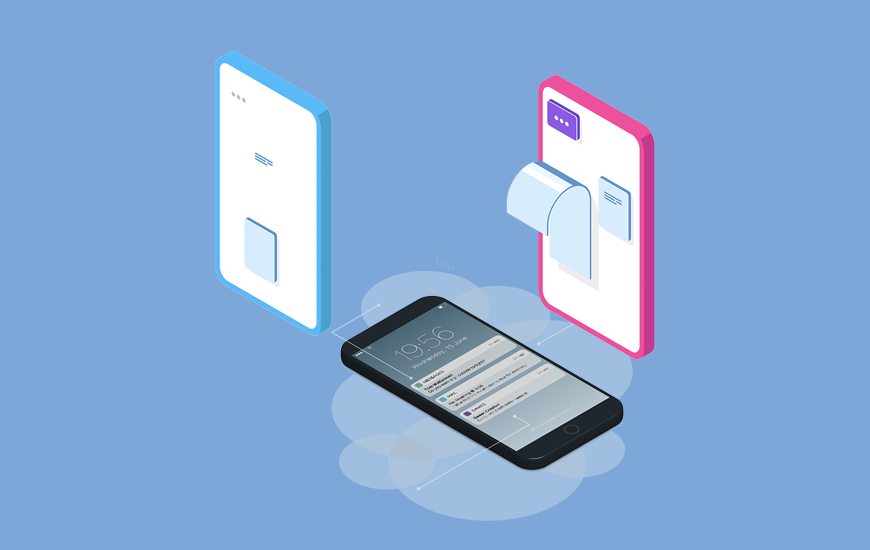In the dynamic world of app development, the demand for cross platform solutions is ever-increasing. These frameworks offer developers the ability to create apps that run seamlessly across multiple platforms, saving time and resources. Choosing the right cross platform app development framework is crucial for developers aiming to reach a wider audience and streamline their development process. In this comprehensive guide, we'll explore some of the top cross platform app development frameworks that are reshaping the industry.
1. React Native: Harnessing the Power of JavaScript
React Native, developed by Facebook, stands out as a leading cross platform app development framework. By leveraging JavaScript, React Native enables developers to build native-like mobile applications with ease. Its component-based architecture and vast ecosystem of libraries make it a popular choice among developers. With React Native, developers can write code once and deploy it across various platforms, simplifying the development process and enhancing efficiency.
2. Flutter: Google's All-in-One UI Toolkit
Flutter, backed by Google, is an open-source cross platform app development framework renowned for its versatility and performance. Built with Dart, Flutter empowers developers to create visually stunning native apps for iOS, Android, and the web from a single codebase. Its expressive UI toolkit and hot reload feature facilitate rapid iteration and experimentation, making it an ideal choice for prototyping and UI design. Flutter's seamless performance and customizable widgets make it a top contender in the cross platform development arena.
3. Xamarin: Unleashing the Power of C#
Xamarin, acquired by Microsoft, offers developers a powerful cross platform app development framework based on C# and the .NET framework. With Xamarin, developers can leverage their existing C# skills and share code across iOS, Android, and Windows platforms. Its seamless integration with Visual Studio and robust tooling ecosystem make it a preferred choice for enterprise developers. Xamarin enables developers to build high-quality native apps efficiently, enhancing productivity and reducing time to market.
4. Ionic: Building Hybrid Apps with Web Technologies
Ionic is an open-source cross platform app development framework that allows developers to build hybrid mobile apps using familiar web technologies such as HTML, CSS, and JavaScript. With Ionic, developers can create visually appealing and feature-rich apps that run smoothly on both iOS and Android devices. Its integration with Angular and Vue.js provides additional flexibility and power for building complex applications. Ionic's extensive library of UI components and pre-designed themes streamline the development process, enabling developers to create stunning apps with ease.
5. PhoneGap (Apache Cordova): Simplifying Cross Platform Development
PhoneGap, also known as Apache Cordova, is a popular choice for developers seeking to build cross platform apps using web technologies. With PhoneGap, developers can leverage their existing HTML, CSS, and JavaScript skills to create apps that can access device-specific features through a unified API. Its extensive plugin ecosystem and support for multiple platforms simplify the cross platform development process, allowing developers to focus on building innovative apps without worrying about platform compatibility issues.
Conclusion: Choosing the Right Cross Platform App Development Framework
In conclusion, choosing the right cross platform app development framework is essential for developers looking to create high-quality apps that reach a broad audience. Whether you prioritize performance, aesthetics, or ease of development, there's a framework out there that meets your needs. By exploring the features, ecosystem, and community support of each framework, developers can make informed decisions and embark on their cross platform app development journey with confidence.





Comments